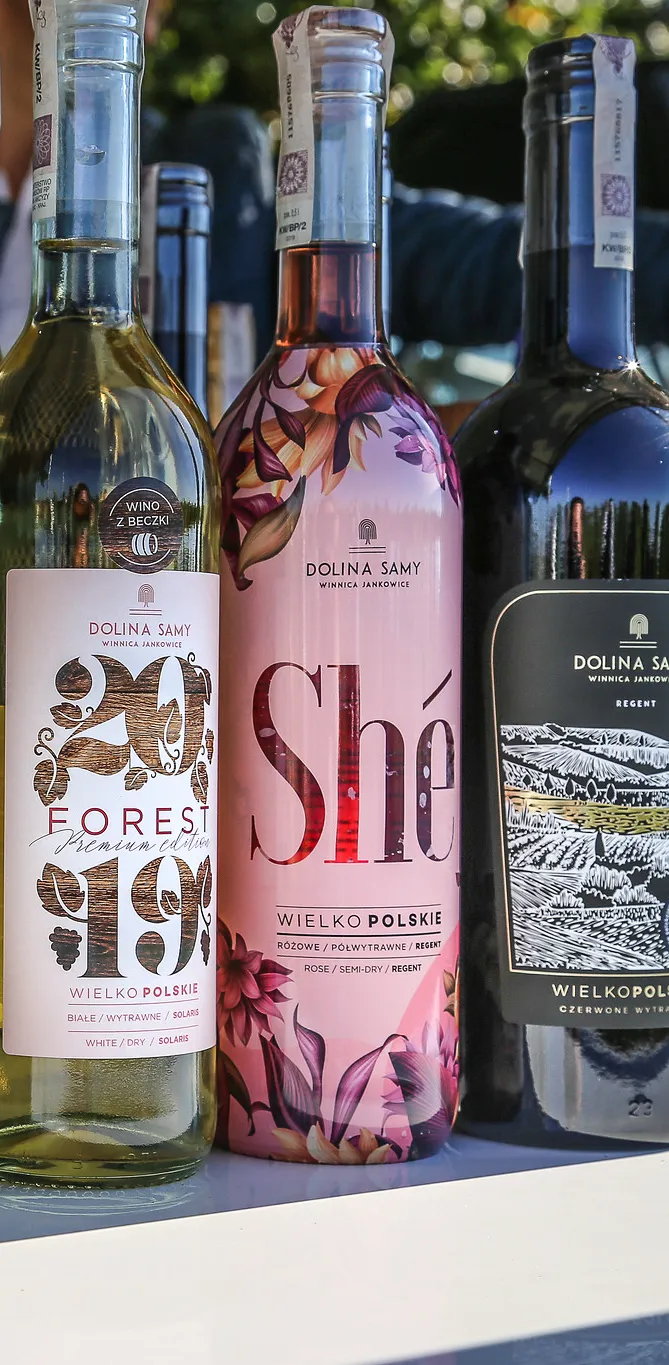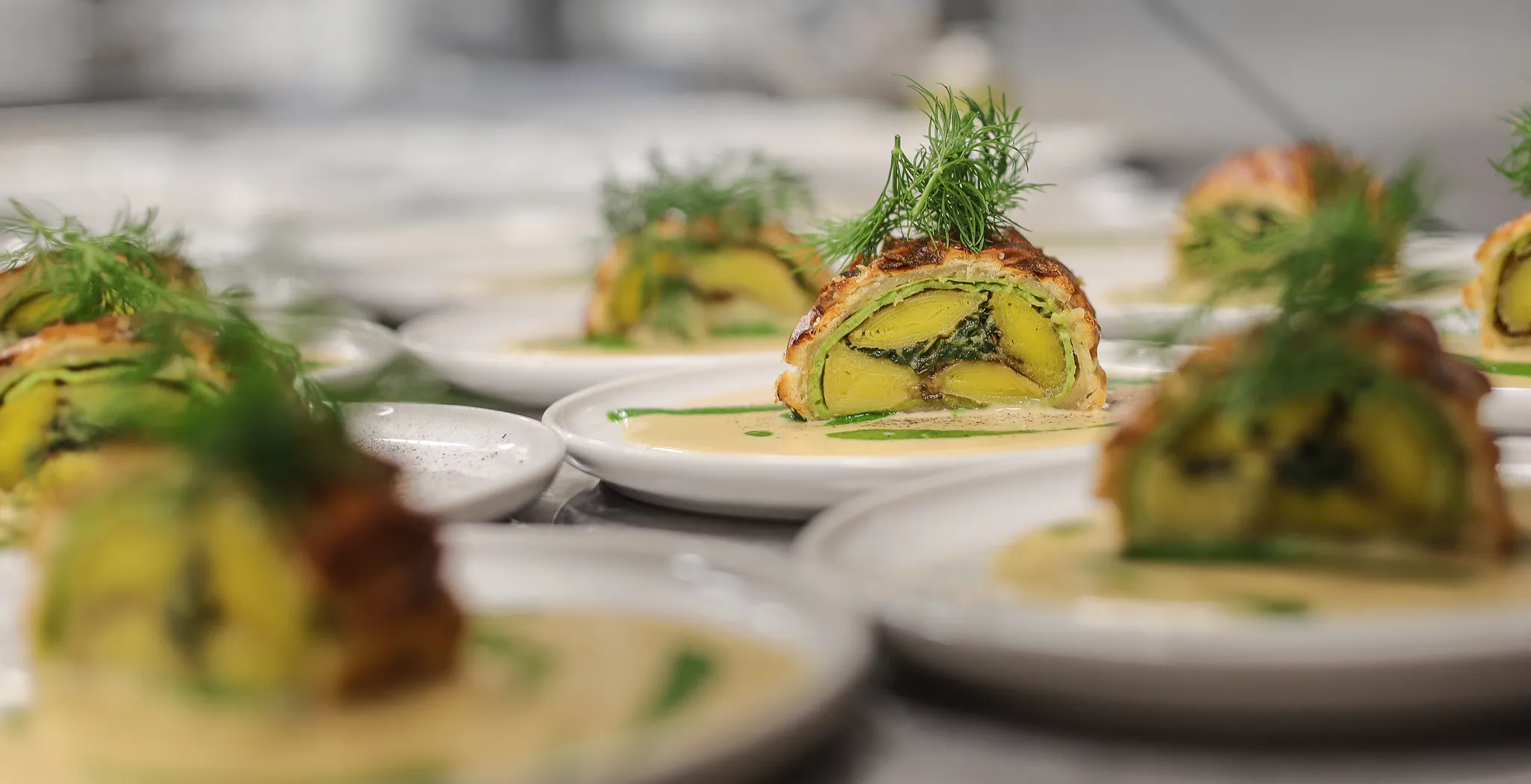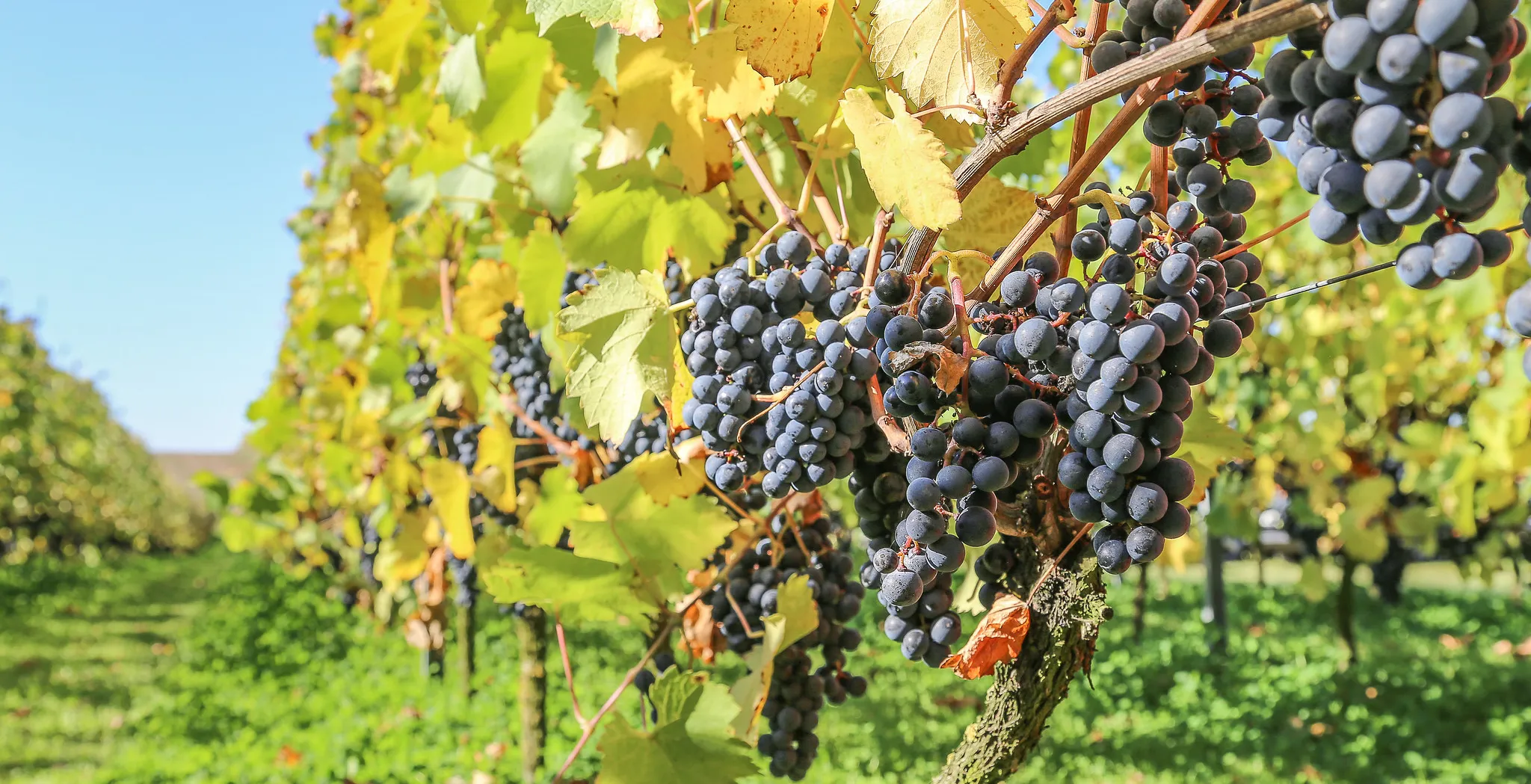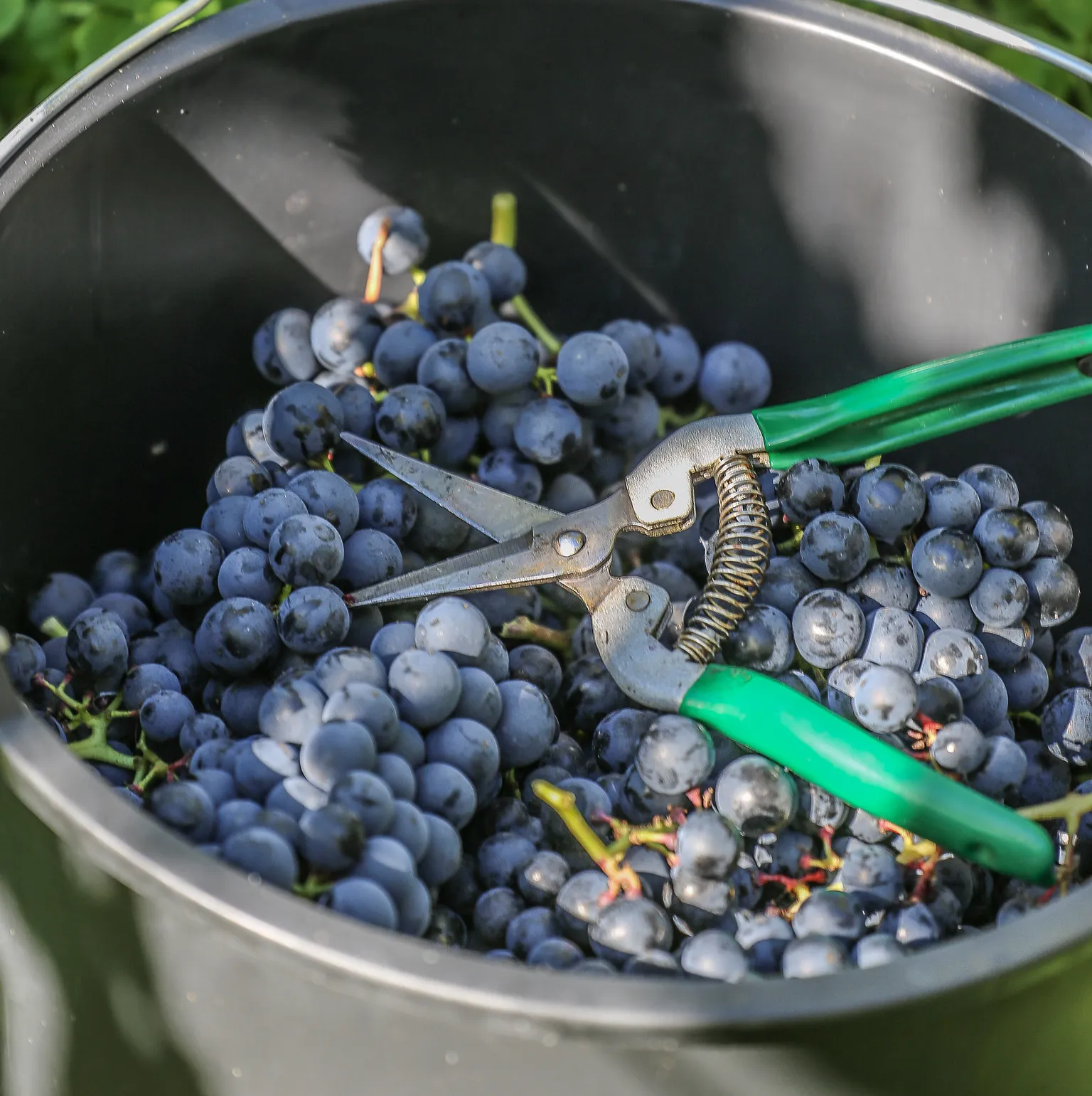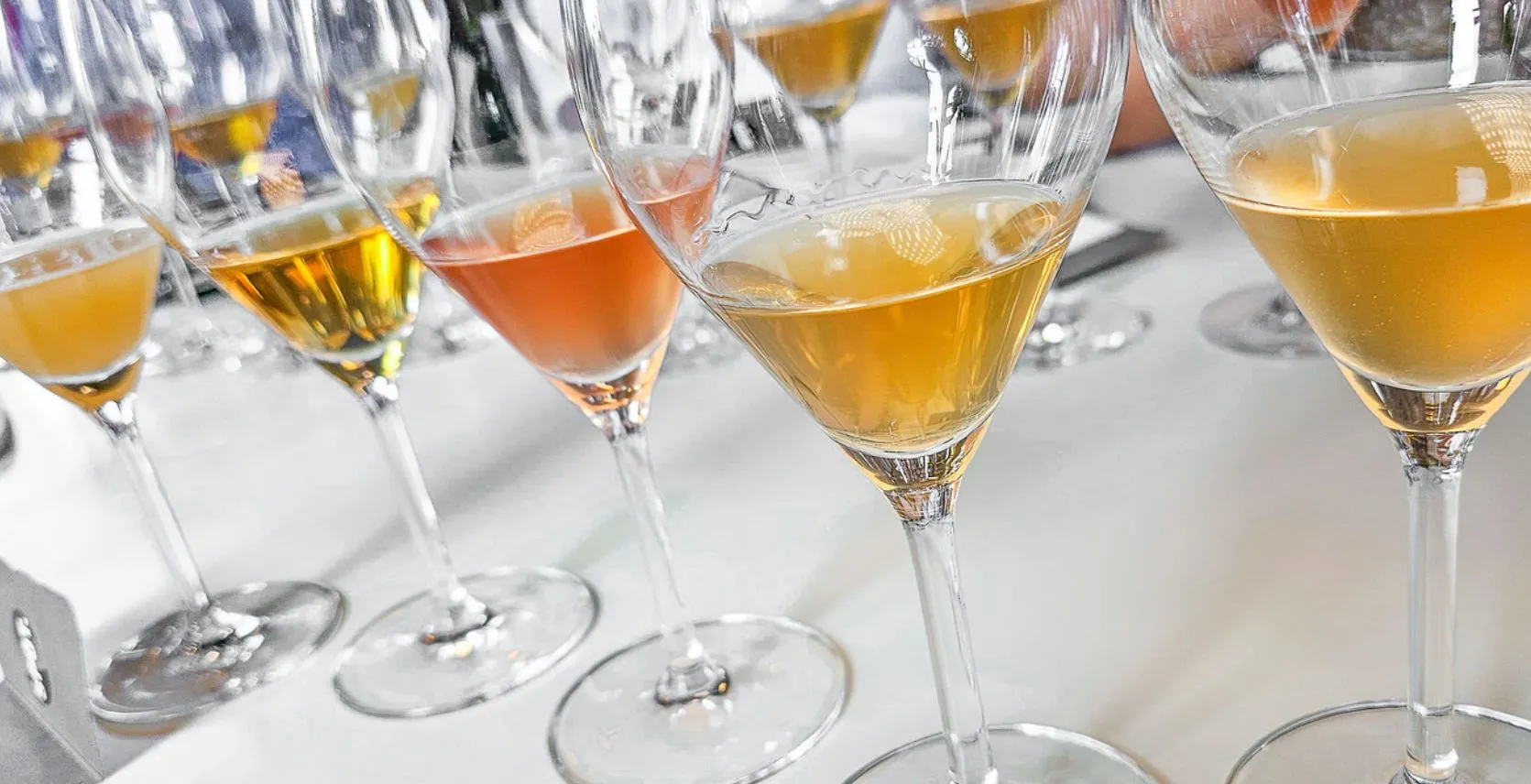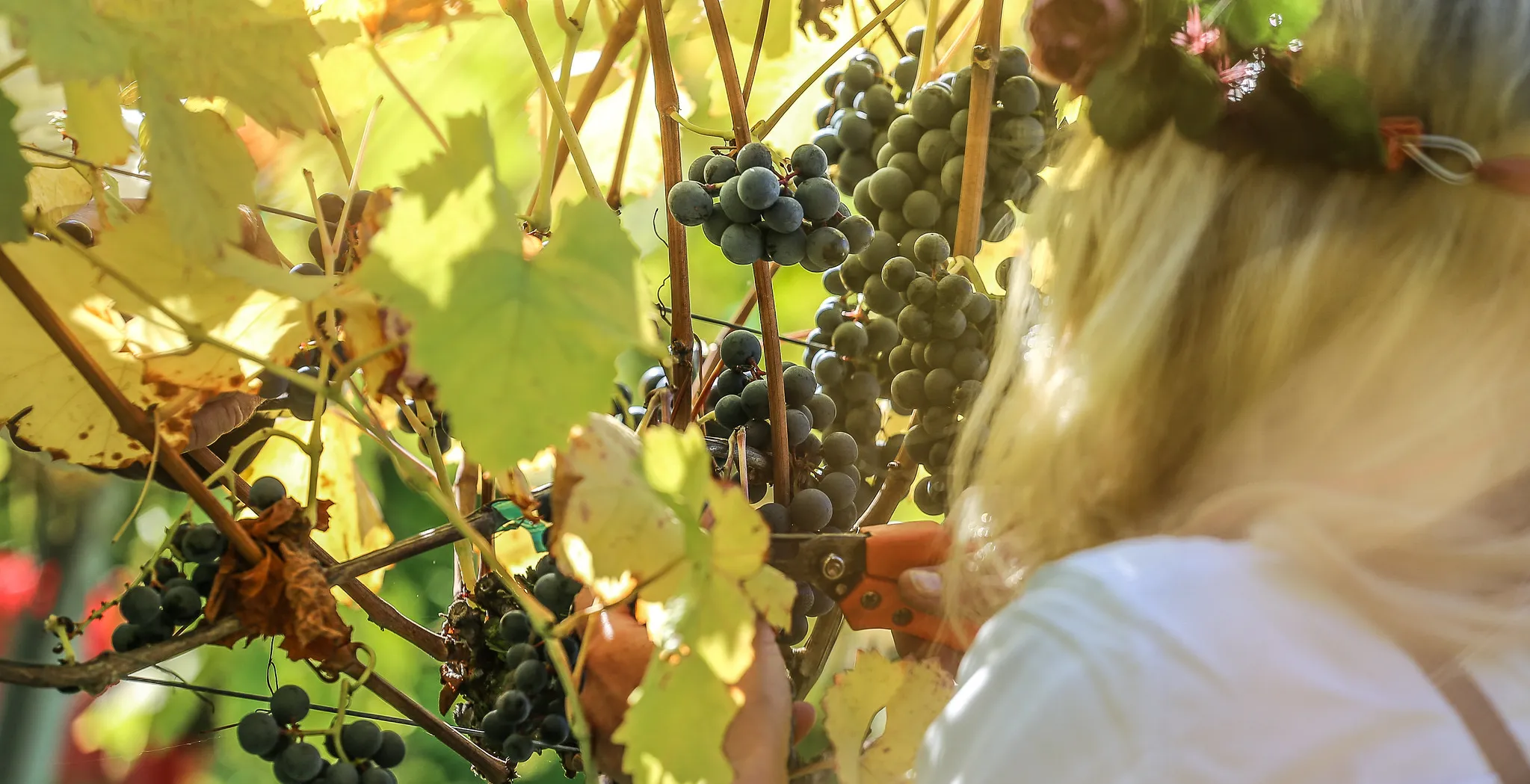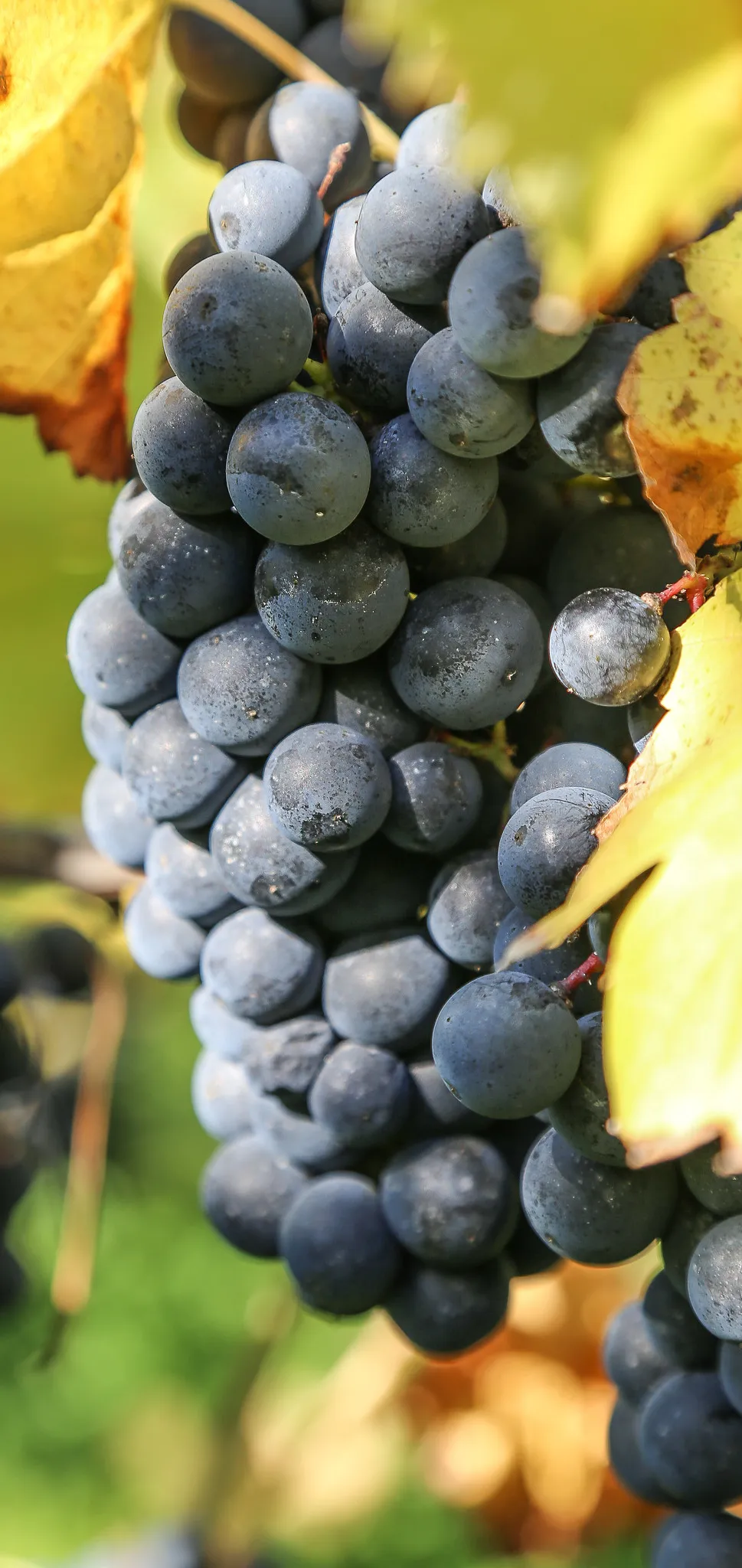Just a few years ago, it was hard to imagine Poland as a wine-producing country. Today, however, Polish wines are increasingly found on tables not only in Poland but also abroad – winning awards, earning the recognition of sommeliers, and capturing the hearts of wine tourists.
What makes Polish wines stand out?
Polish winemaking is experiencing dynamic growth. Wines from Poland are known for their freshness, vivid acidity, and elegant aromatic profile. This is the result of a cooler climate, which supports slow fruit ripening and the development of subtle flavor notes.
Most Polish vineyards are small, family-run farms that prioritize quality, sustainable cultivation, and artisanal production. As a result, each vintage is slightly different, and each bottle – unique.
The most popular grape varieties in Poland
Due to the climate, Polish vineyards are dominated by cold-resistant grape varieties, although classic varieties known from France or Germany are becoming more common.
White grape varieties:
- Solaris – highly aromatic, with notes of tropical fruit and flowers
- Seyval Blanc – light and fresh, often used in sparkling wines
- Johanniter – similar to riesling, performs well in cooler years
- Riesling and Chardonnay – increasingly common and highly rated
Red grape varieties:
- Rondo – dark, fruity wine with hints of cherry and blackcurrant
- Regent – rich flavor with soft tannins
- Cabernet Cortis – more intense, often aged in oak
- Pinot Noir – delicate and demanding, but successfully cultivated in southern Poland
Polish wines with international awards
Polish winemakers are increasingly winning medals at prestigious competitions such as the Decanter World Wine Awards and Galicja Vitis. Standout examples include:
- Winnica Turnau – its Solaris has won gold medals and the praise of experts in London
- Winnica Srebrna Góra – known for its highly regarded Pinot Noir and Riesling
- Winnica Dwór Sanna – distinguished for both its red wines and modern approach to wine tourism
- Winnica Equus – acclaimed for quality and experimental orange wines
Sample pairings – Polish wine with Polish cuisine
Solaris from Winnica Turnau
Pairs with: pike-perch in lemon sauce, cheese-filled pierogi, arugula salad with goat cheese
Why: The aromatic profile of Solaris complements the freshness of these dishes and the creaminess of cheese
Rondo from Winnica Silesian
Pairs with: roast duck with apples, bigos, smoked meats
Why: Rondo's fruity profile and soft tannins match well with deep, hearty flavors
Riesling from Srebrna Góra
Pairs with: herring in cream, fish soup, cabbage with mushrooms
Why: Riesling’s acidity balances fatty dishes and brings out their aromas
Pinot Noir from Winnica Miłosz
Pairs with: roasted rabbit, game pâté, mushroom risotto
Why: The subtlety of Pinot Noir pairs well with delicate, forest-inspired flavors
Wine tourism in Poland – worth visiting
- Małopolska – Winnica Srebrna Góra, Winnica Krokoszówka Górska
- West Pomerania – Winnica Turnau
- Lubusz – Winnica Equus, Lubuskie Wine Center in Zabór
- Lower Silesia – Winnica Silesian, Jaworek Vineyards
- Greater Poland – Winnica Lipowa near Środa Wielkopolska, Winnica Moderna in Zielona Wieś near Krotoszyn, Winnica Nad Jeziorami in the Międzychód region
Poland is becoming a new destination on the enological map of Europe. For tourists, it’s a perfect opportunity to discover local flavors, visit scenic vineyards, and see for themselves that wine from the Vistula region can surprise on many levels. Vineyards in Greater Poland, such as Winnica Moderna, Winnica Lipowa, and Winnica Nad Jeziorami, are also growing rapidly – offering wines with character and inviting guests to enjoy tastings surrounded by the typical landscapes of the region.
Greater Poland is gaining recognition in winemaking thanks to its favorable microclimate and rapidly developing wine farms. The region's vineyards offer not only high-quality wines, but also engaging events, guided tastings, and the chance to relax in the peaceful natural surroundings of the Polish countryside.

 Share
Share Print
Print